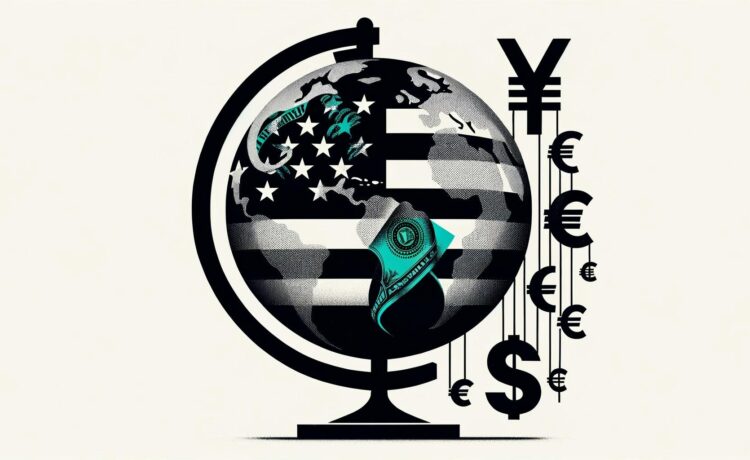What’s going on here?
Currency markets in Asia are feeling the heat as the US dollar gains traction amid escalating Middle East tensions and robust US economic indicators – putting pressure on Asian currencies.
What does this mean?
The ongoing political strife between Iran and Israel is driving investors toward the safety of the US dollar, causing a slump in Asian emerging market currencies. The dollar index has reached its highest point since September, climbing each session this week, buoyed by stronger-than-expected US private payroll data. This has led markets to believe that the Federal Reserve will stick to its current interest rate policy rather than cut rates anytime soon, supporting the dollar’s strength. As a result, currencies like the Malaysian ringgit and Indonesian rupiah have hit their lowest in weeks, while the Thai baht showed significant fluctuation. Additionally, oil prices have surged over 1% due to these tensions, affecting several Asian economies, although Malaysia might see some relief as a net exporter of oil and gas.
Why should I care?
For markets: Riding a turbulent wave.
As the dollar strengthens, Asian markets are under pressure, with energy importers like Thailand and India facing higher costs. Equities across the region are showing mixed results: Hong Kong’s Hang Seng fell over 3%, while Japan’s Nikkei benefitted from the yen’s weakening, rising nearly 2%. Shifts in currency values are critical as they affect trade balances and corporate profits, influencing investor sentiments and regional market dynamics.
The bigger picture: Global currents steadying the course.
Amidst the currency fluctuations, investors are focusing on upcoming economic data, such as US nonfarm payrolls and Philippine inflation reports, which could steer central banks’ monetary strategies. Meanwhile, interventions like Indonesia’s central bank’s recent move to stabilize the rupiah highlight proactive measures to mitigate volatile market impacts. Monitoring these developments is crucial as they may signal further shifts in global trade and fiscal policies.

















